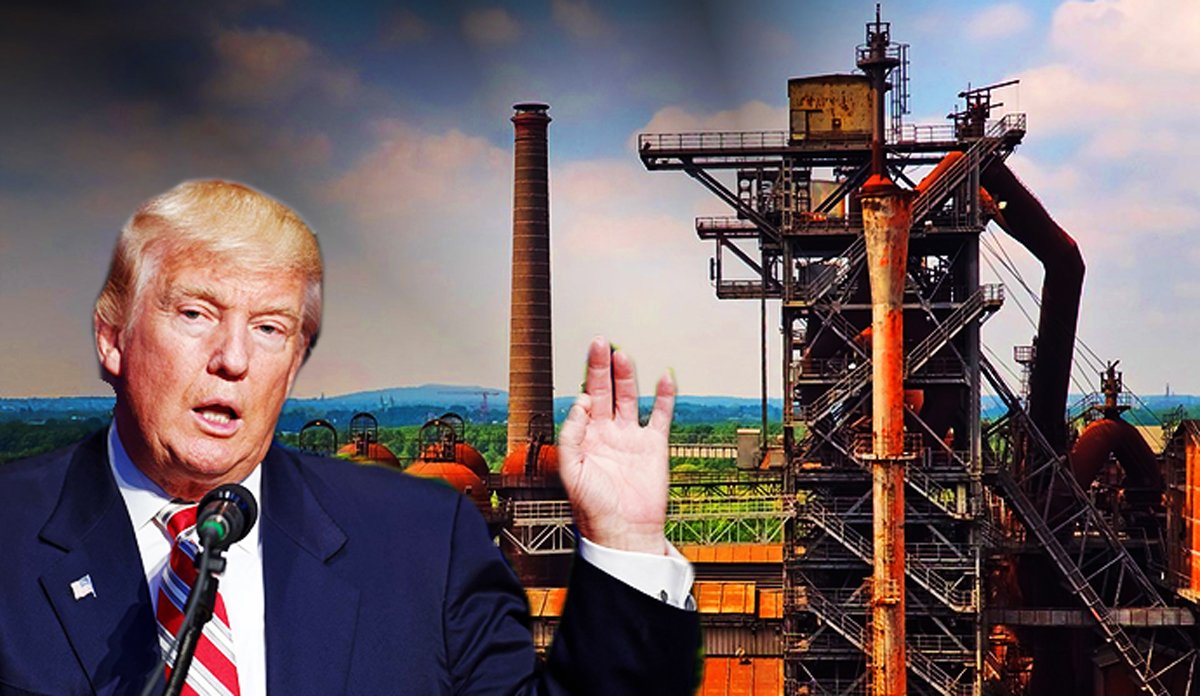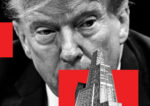Trending
Trump’s steel and aluminum tariffs would hit 4 states hardest: report
Businesses in California, New York, Florida and Texas are big importers

President Donald Trump is expected to sign his controversial steel and aluminum tariffs plan today, a move that could slam businesses in a handful of states the hardest, including California, New York and Florida. Experts say the tariffs could start a trade war, raise prices and lead to a drop in new construction.
Businesses in 10 states would pay around two-thirds of the $9 billion that the right-leaning Tax Foundation estimates the tariffs will raise, according to a report in Money. About a third of that would come from just four states: New York, California, Florida and Texas.
Businesses in the Lone Star State imported 10.8 percent of all the primary metals brought into the country last year and if import levels remained the same this year, Texas would pay $968 million in import duties for their steel and aluminum.
New York firms import 8.5 percent of those metals, and would pay $759 million in taxes, according to estimates. Firms in California and Florida would end up paying around $525 million apiece.
Some economists fear the move will spark a trade war with both adversaries and allies around the globe. Real estate industry pros have also said the tariffs will further raise the cost of building, compounding the impact of the import tax Trump imposed on Canadian lumber last year.
Trump sent domestic and foreign stakeholders into a frenzy last week when he announced his intention to impose the tariffs, which he argued will boost American steel and aluminum manufacturers.
The measure has seen opposition from the president’s Republican allies, but has also earned him unlikely support across the aisle and with unions, particularly United Steelworkers and the AFL-CIO. Not all unions are on board though. Those representing workers whose industries rely heavily on international steel and aluminum imports, such as auto manufacturing, worry the duties will hurt them.
The biggest fallout has been the announced departure of National Economic Council Director Gary Cohn, who tried to steer Trump away from the plan.
Trump appears to have softened his stance on blanket tariffs, offering hints that he is open to exemptions for major trading partners including Mexico and Canada. [Money] – Dennis Lynch




